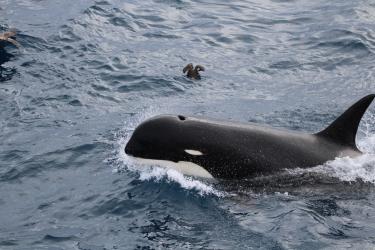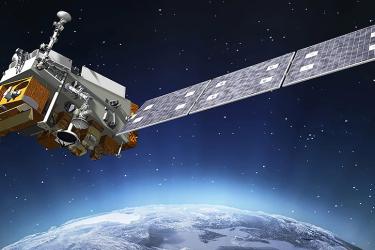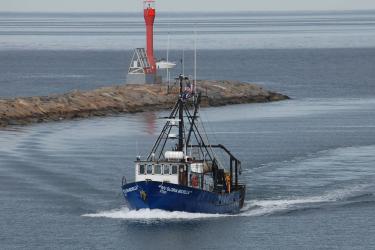Hood Pond
At a recent Parker, Ipswich & Essex Rivers Partnership Annual Meeting, Robi Tobin shared a remarkable story. President of the nonprofit organization Friends of Hood Pond, she recalled in the 1970s when Hood Pond in Topsfield and Ipswich, Massachusetts was vibrant and full of life. In the late 2010s, she realized that if something wasn’t done, they were going to lose the pond to invasive species and poor water quality. Tobin decided to attend a Weed Watchers training and learned the species of plants in the pond and how to identify them. Next, she reached out to the Department of Conservation and Recreation for help. She recalled that the “permitting process seemed overwhelming” to manage water quality and invasive species in the pond.
At the same time, Ipswich River Watershed Association was leading an effort to get alewives back to Hood Pond to spawn. Long-term aquatic barriers in the region had been preventing the alewives from gathering together. In the early 2020s, after years of work cleaning up the pond, Tobin began to see progress. Finally, in 2023 there was a period where no invasive species were found in the pond. This was a huge success and would require diligent monitoring and management to maintain.
Fish and Wildlife Return
After the pond outlet was upgraded through funding from the Massachusetts Division of Ecological Restoration, the Massachusetts Division of Marine Fisheries stocked alewife in Hood Pond in 2020. In 2022, the Ipswich River Watershed Association received funding from NOAA’s Restoring Fish Passage through Barrier Removal grant program. They will use it to restore access to 238 miles of habitat in the Ipswich and Parker River watersheds—tributaries to the Great Marsh Area of Critical Environmental Concern. The funding will address five dams and will benefit river herring, American shad, and American eel. The Howlett Brook Dam fishway was installed to facilitate alewife passage back to Hood Pond.
Improved water quality has brought back the sound of bullfrogs and eagles preying on fish. The return of this wildlife wouldn't have been possible without the efforts of the Friends of Hood Pond and the partnerships created in the watershed. The restoration and stewardship of the pond fostered a stronger community. Now when there’s a full moon, the community goes out in their kayaks to watch the moonrise on the pond. This is one story we rarely hear about: how restoration and stewardship of aquatic resources lead to stronger communities.
River Partnership
In early December 2023, NOAA Fisheries staff attended the Parker, Ipswich & Essex Rivers Partnership Annual Meeting. This partnership, managed by staff at the Ipswich River Watershed Association, is a watershed-based approach to restoration and resource management. Its mission is to protect, restore, and increase the resiliency of the valuable aquatic resources of the Parker, Ipswich, and Essex River Watersheds.
The partnership focuses on four priority areas:
- Water Conservation
- Water Quality Management
- River and Stream Continuity
- Land Use
To achieve maximum restoration benefits, partners match municipal and grassroots efforts to funding sources and leverage partnership connections. They have a successful track record of grants received and growing staff who all play a role in the broader partnership. While this partnership is regional, this model is adaptable to other locations. It can help strengthen resiliency efforts and help underserved and underrepresented regions benefit from the lessons learned and resources leveraged.






